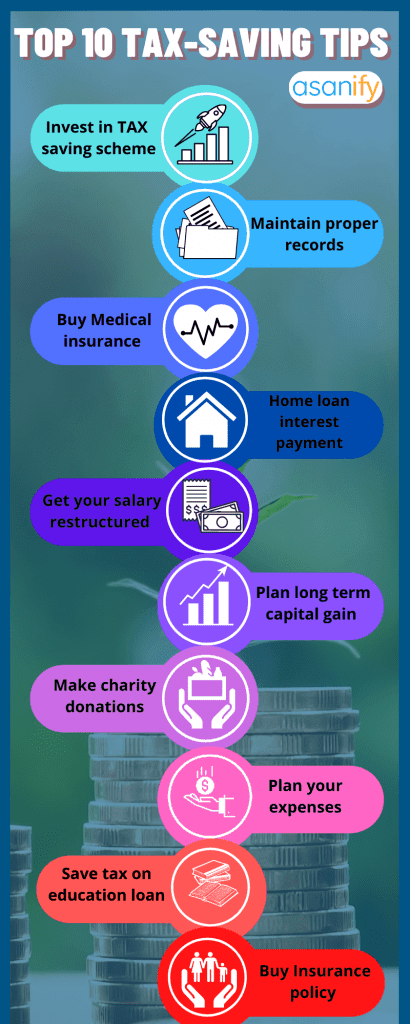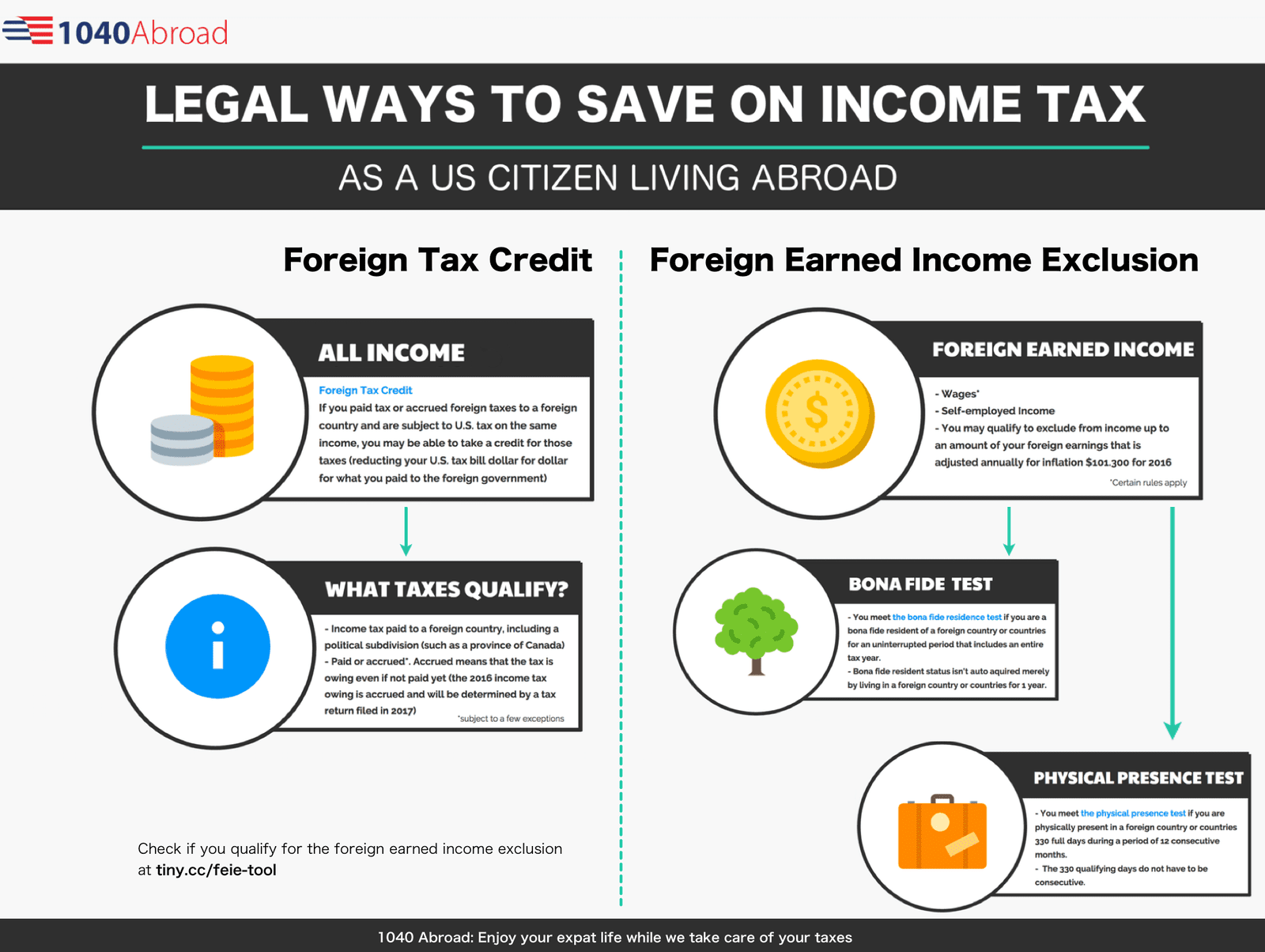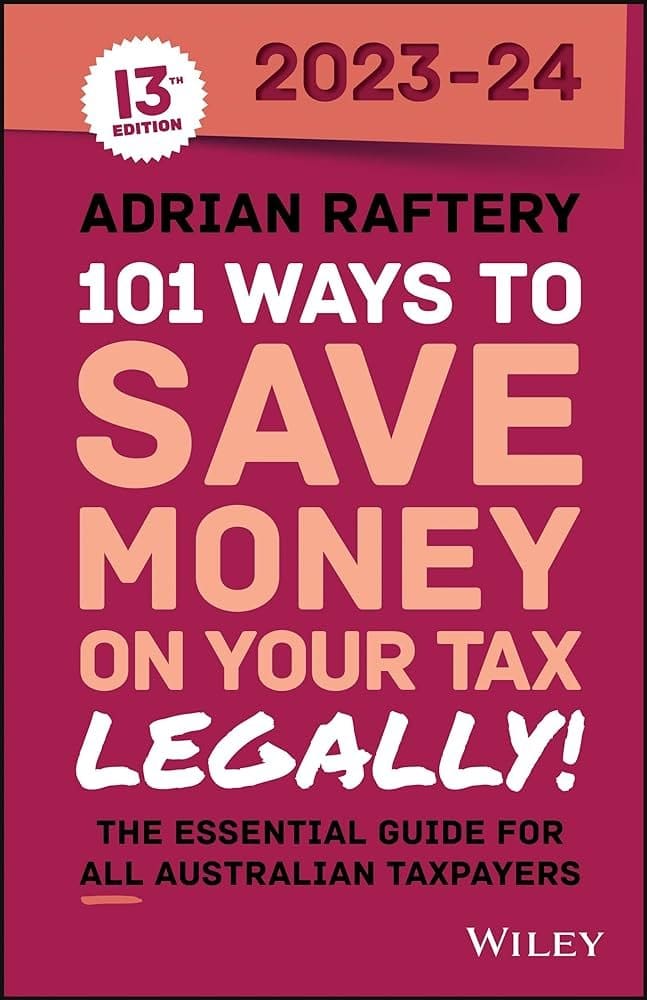Are you looking for effective ways to save money for taxes? We understand that tax season can often bring stress and financial burden, but fear not! In this article, we will explore a variety of practical and reliable strategies that can help you save money when it comes to paying your taxes. From maximizing deductions to taking advantage of tax credits, we've got you covered. So sit back, relax, and get ready to discover some smart approaches to saving money for taxes.
Track your expenses
Keep all receipts
To effectively save money for taxes, it is crucial to keep track of your expenses. One way to do this is by ensuring that you keep all of your receipts. Whether it's for business-related purchases or deductible expenses, having a physical or digital copy of your receipts can make it easier to calculate your tax deductions accurately. Make it a habit to collect and organize your receipts throughout the year.
Maintain a categorized expense log
In addition to keeping receipts, it is also recommended to maintain a categorized expense log. This log should include details such as the date, description, amount, and category of each expense you incur. By categorizing your expenses, you can have a clear overview of where your money is going and identify areas where you can potentially save. This can also simplify the process of calculating your deductible expenses at tax time.
Use expense tracking apps
Another helpful tool for tracking your expenses is to utilize expense tracking apps. These apps can make the process much more streamlined and effortless. They typically allow you to categorize your expenses, set budgets, and generate reports. With the convenience and accessibility of expense tracking apps, you can easily monitor your spending habits and stay on top of your tax-saving goals.
Manage Deductions
Take advantage of tax deductions
One of the most effective ways to save money for taxes is to take advantage of tax deductions. Tax deductions can significantly reduce your taxable income, ultimately reducing the amount of tax you owe. It is essential to educate yourself about the various deductions available to you based on your circumstances. Deductions can include expenses related to education, health care, home office, and business-related costs. Be sure to keep up to date with the latest tax laws and consult a tax professional for advice on maximizing your deduction opportunities.
Know which expenses can be deducted
To make the most of tax deductions, it is crucial to understand which expenses can be deducted. While there are numerous potential deductions, some common ones include business-related travel expenses, professional fees, and charitable contributions. By familiarizing yourself with the eligible deductions, you can strategically plan your spending and take advantage of these savings. Remember that some deductions may have specific requirements or limitations, so it's important to thoroughly research and comply with the regulations.
Consult a tax professional for advice
Navigating the intricacies of taxes can be daunting, especially when it comes to deductions. To ensure you are making informed decisions and maximizing your savings, it is highly recommended to consult a tax professional. They have the expertise and knowledge to guide you through the complex tax laws and provide personalized advice based on your unique situation. A tax professional can help you identify deductions you may have overlooked, answer any questions you have, and ensure you are in compliance with all tax regulations.

This image is property of asanify.com.
Set up a Separate Bank Account
Open a separate savings account for tax purposes
To keep your tax savings organized, consider opening a separate savings account dedicated solely to taxes. Having a separate account specifically for tax-related funds allows you to keep track of your tax savings separately from your other finances. This way, you can easily monitor your progress towards your tax savings goals and ensure that the money is readily available when it is time to pay your taxes.
Allocate a portion of your income for taxes
To effectively save money for taxes, it is crucial to set aside a predetermined portion of your income specifically for tax purposes. By allocating a portion of your earnings towards taxes, you are proactively preparing for your tax obligations. This not only helps you build up the necessary funds but also reduces the likelihood of financial strain when it's time to pay your taxes. Make a habit of consistently setting aside the allocated amount to ensure you have sufficient funds available.
Avoid mixing personal and business finances
To maintain clear financial records and avoid potential complications, it is essential to keep your personal and business finances separate. By separating these two aspects, you can accurately track your business-related expenses and ensure that you are taking advantage of all applicable deductions. Mixing personal and business finances can lead to confusion and make it difficult to accurately determine the deductions you are eligible for, potentially resulting in missed opportunities to save on your taxes.
Automate Savings
Set up automatic transfers to your tax savings account
To streamline your tax savings, consider setting up automatic transfers to your designated tax savings account. By automating the process, a predetermined amount of money will be automatically transferred from your main account to your tax savings account at regular intervals. This eliminates the need for manual transfers and ensures that you are consistently contributing to your tax savings without the risk of forgetting or being tempted to skip a payment.
Schedule regular deposits based on your income
When setting up automated transfers, it is important to consider the frequency and amount of your deposits. Ideally, you would want to schedule regular deposits that align with your income cycle. This ensures a consistent and manageable savings plan that corresponds to your financial capabilities. By taking into account your income and expenses, you can determine the most suitable deposit schedule to ensure that you are saving an appropriate amount throughout the year.
Avoid temptation to spend the saved money
As you automate your tax savings, it is important to resist the temptation to spend the money that you have saved. It can be tempting to dip into your tax savings for other purposes, especially when unexpected expenses arise. However, it is crucial to remind yourself that the money you have saved is earmarked specifically for your tax obligations. By maintaining discipline and treating your tax savings as untouchable until it is time to pay taxes, you can ensure that you have the necessary funds available and avoid any potential financial setbacks.

This image is property of 1040abroad.com.
Budget Wisely
Create a budget that includes tax savings
A key aspect of saving money for taxes is to create a budget that incorporates your tax savings goals. When you budget, allocate a specific portion of your income towards your tax savings and treat it as a non-negotiable expense. By accounting for your tax savings within your budget, you can ensure that you have a clear understanding of your financial obligations and can plan accordingly. A well-designed budget will provide structure, help you identify unnecessary expenses, and ensure that you are setting aside enough money to cover your tax liabilities.
Identify unnecessary expenses to cut back on
To boost your tax savings, it is essential to identify and cut back on unnecessary expenses. Take a close look at your spending habits and assess where you can make adjustments. This could include reducing discretionary spending, minimizing eating out, or finding alternative ways to save on everyday expenses. By identifying and eliminating unnecessary expenses, you can redirect those funds towards your tax savings, allowing you to meet your tax obligations with ease.
Allocate a fixed amount for taxes each month
To maintain consistency in your tax savings, consider allocating a fixed amount for taxes each month. This approach ensures that you are setting aside a steady stream of funds throughout the year, rather than relying solely on lump-sum savings. By dividing your tax obligations into manageable monthly amounts, you can alleviate the financial burden that may arise when the tax deadline approaches. It also provides greater ease in budgeting for your other financial goals.
Take Advantage of Tax Credits
Research and utilize available tax credits
In addition to tax deductions, tax credits can significantly reduce your tax liability. Tax credits directly reduce the amount of tax you owe, providing a dollar-for-dollar reduction. To save money for taxes, it is crucial to research and utilize any available tax credits. This could include credits for education, energy-efficient upgrades, or child-related expenses. By understanding and taking advantage of these credits, you can maximize your savings efforts and potentially receive a larger tax refund.
Check eligibility for education, energy, or child-related credits
When exploring tax credits, it is important to check your eligibility for credits specific to education, energy, or child-related expenses. Education credits, such as the American Opportunity Credit or the Lifetime Learning Credit, can help offset the cost of tuition and education-related expenses. Energy credits, such as those for installing solar panels or energy-efficient appliances, can provide savings while also promoting sustainability. Additionally, child-related credits, such as the Child Tax Credit or the Child and Dependent Care Credit, can offer substantial relief for parents. Understand the requirements, limitations, and documentation needed for each credit to ensure you can successfully claim them.
Maximize your savings through credits
To maximize your tax savings, it is essential to understand how to strategically utilize tax credits. By combining credits with deductions, you can optimize your savings potential. For example, if you qualify for education-related deductions and credits, you can use both to further reduce your taxable income and overall tax liability. By exploring and understanding the available credits and how they interact with deductions, you can devise a practical tax strategy that minimizes your tax burden and maximizes your savings.

This image is property of fastercapital.com.
Adjust Your Withholding
Review your W-4 form
To ensure you have the appropriate tax withholding, it is recommended to review your W-4 form. The W-4 form determines the amount of income tax that your employer withholds from each paycheck. If you find that you consistently receive a significant tax refund or owe a large amount at tax time, it may be beneficial to reassess your withholding. By reviewing and updating your W-4 form, you can align your withholding more accurately with your actual tax obligations and potentially increase your take-home pay throughout the year.
Consider adjusting your tax withholding allowances
When reviewing your W-4 form, consider adjusting your tax withholding allowances. Increasing your allowances can reduce the amount of tax that is withheld from your paycheck, resulting in a higher take-home pay. However, it is important to strike a balance to avoid owing a large sum at tax time. Consider factors such as changes in your financial situation, additional income sources, or deductions that may impact your withholding allowances. It may be beneficial to consult a tax professional for guidance on adjusting your withholding allowances to ensure you are making informed decisions.
Consult a tax professional for guidance
Adjusting your withholding can be complex, and it is always prudent to consult a tax professional for guidance. They can provide personalized advice based on your specific circumstances and help you understand the potential impact of adjusting your withholding allowances. A tax professional can assist in analyzing your financial situation, ensuring that you comply with all tax regulations, and help you make informed decisions regarding your tax withholding. Ultimately, having expert guidance can prevent costly mistakes and optimize your tax savings efforts.
Plan for Estimated Taxes
Understand your tax obligations for estimated payments
If you are self-employed or earn income that is not subject to withholding, it is essential to understand your tax obligations for estimated payments. Estimated taxes are periodic payments made to the IRS to cover your expected tax liability throughout the year. By estimating and paying your taxes in advance, you can avoid penalties and interest for underpayment when you file your tax return. Understanding the rules and requirements for estimated taxes is crucial to stay on top of your tax obligations and maintain good standing with the IRS.
Calculate and set aside funds for quarterly estimated tax payments
To effectively plan for estimated taxes, you must calculate and set aside funds for quarterly payments. Start by estimating your expected tax liability for the year, taking into account your income, deductions, and any credits you qualify for. Divide this estimated amount by four to determine the amount you need to pay each quarter. By consistently setting aside the appropriate funds for estimated taxes, you can ensure that you are meeting your tax obligations throughout the year and avoiding any potential penalties or interest charges.
Avoid penalties and interest by staying on top of deadlines
To avoid penalties and interest charges, it is crucial to stay on top of the deadlines for estimated tax payments. The IRS has specific due dates for each quarterly payment, typically falling in April, June, September, and January of the following year. Failing to make timely payments or underpaying can result in additional charges. To avoid these penalties and interest, mark these deadlines on your calendar, set reminders, and have a system in place to ensure that you submit your estimated tax payments on time.

This image is property of fastercapital.com.
Document Non-Cash Donations
Keep detailed records of non-cash charitable donations
If you make non-cash charitable donations, it is important to keep detailed records of these contributions. Non-cash donations include items such as clothing, household goods, or property. When you itemize your deductions, the IRS requires substantiation for these non-cash contributions. Maintain a record of the items donated, their value, the date of the donation, and any supporting documentation, such as receipts or acknowledgment letters from the charity. These records will be crucial in ensuring that you can claim the appropriate deductions and provide evidence in case of an audit.
Obtain appraisals for higher-value donations
For higher-value non-cash donations, it is advisable to obtain appraisals to support your deductions. The IRS has specific rules regarding the valuation of donated property, and in some cases, you may need a qualified appraisal. This applies to items such as artwork, antiques, or items of significant value. An appraisal from a qualified appraiser can provide an accurate assessment of the fair market value of the donated property. By obtaining an appraisal, you can have the necessary documentation to support your claimed deductions and ensure compliance with tax laws.
Ensure compliance with tax laws and guidelines
When documenting non-cash donations, it is vital to ensure compliance with tax laws and guidelines. Familiarize yourself with the IRS regulations regarding charitable contributions and understand the specific requirements for documentation and deduction eligibility. By staying informed and adhering to these guidelines, you can claim deductions confidently and minimize the risk of penalties or audits. If you have any uncertainties or complexities regarding your non-cash donations, seek professional advice from a tax professional.
Stay updated with Tax Laws
Follow news and updates related to tax laws
To effectively save money for taxes, it is important to stay updated with the latest news and updates related to tax laws. Tax laws can change regularly, and staying informed about any amendments or revisions can help you make informed financial decisions. By keeping up to date with the latest developments, you can identify new deductions, credits, or strategies that may be applicable to your tax planning.
Understand changes in tax legislation
Understanding changes in tax legislation is crucial for effective tax planning. Changes in tax laws can impact your tax liability, deductions, credits, and other aspects of your financial planning. For example, there may be new tax incentives for specific industries or changes in tax rates that may affect your overall tax burden. By comprehending these changes, you can adapt your tax-saving strategies accordingly and take advantage of any new opportunities for savings.
Seek professional advice if needed
If you find it challenging to keep up with tax laws or need assistance navigating the complexities, it is highly recommended to seek professional advice. Tax regulations can be intricate and subject to interpretation, making it important to have a skilled professional guide you through the process. A tax professional can help you understand how changes in tax laws apply to your specific situation and provide tailored advice to optimize your tax savings efforts. Their expertise and experience can ensure you are compliant and maximize your potential savings.
In conclusion, saving money for taxes requires careful planning, organization, and an understanding of the ever-changing tax landscape. By tracking your expenses, managing deductions, setting up a separate bank account, automating your savings, budgeting wisely, taking advantage of tax credits, adjusting your withholding, planning for estimated taxes, documenting non-cash donations, and staying updated with tax laws, you can effectively save money for taxes and ensure your financial well-being. Remember, consulting a tax professional and dedicating time to educate yourself on tax-saving strategies can make a significant difference in maximizing your savings and minimizing your tax liability. Start implementing these strategies today and enjoy the peace of mind that comes with effective tax planning.

This image is property of Amazon.com.



